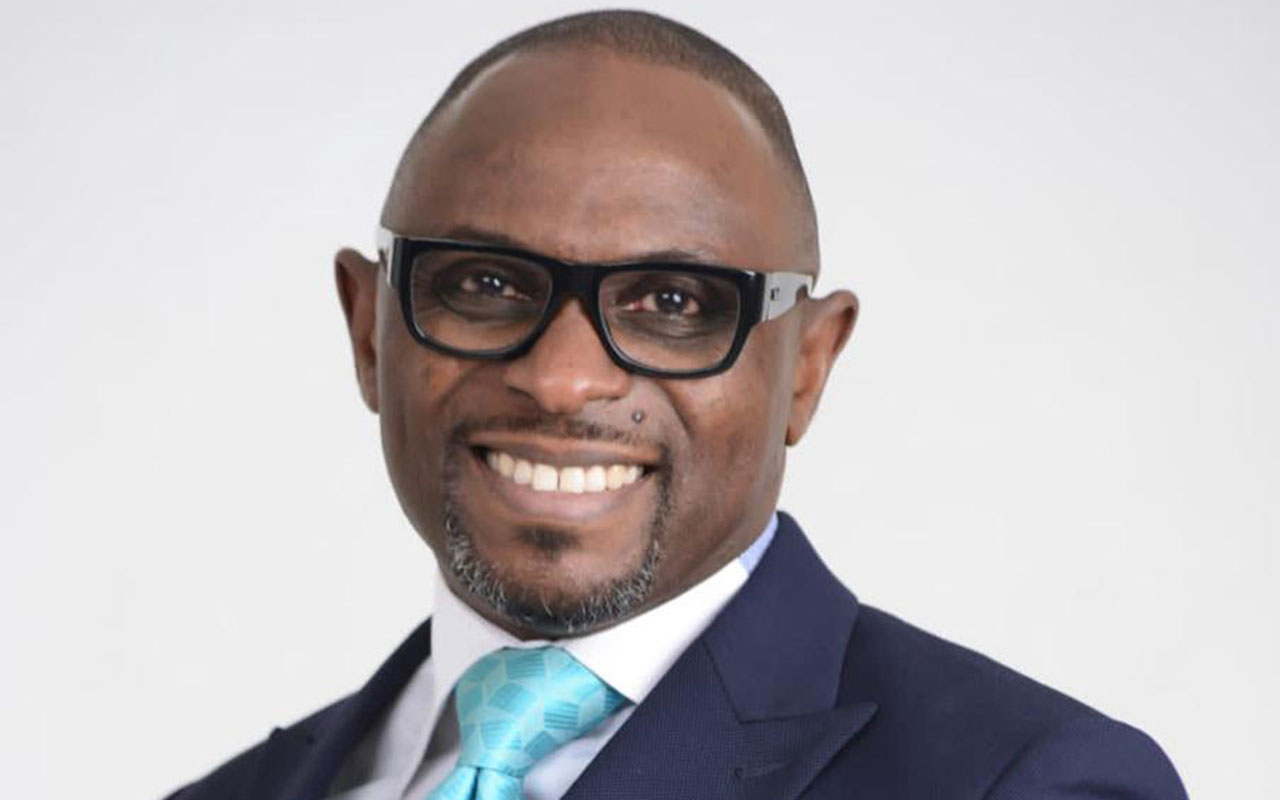 Introduction
Introduction
On March 13, 2021, a 21-story building under construction collapsed in Ikoyi, Lagos, killing at least 44 people. This was just one of many building collapses that have occurred in Nigeria in recent years. In fact, building collapses have become so common in Nigeria that they are now seen as a ‘norm’.
But why do buildings continue to collapse in Nigeria? The answer is simple: leadership failure.
Lack of service
Many officers of government have failed to understand that their primary responsibility is to serve the people. Instead, they have used their positions for personal gain and enrichment. This has led to a widespread culture of corruption, which has infiltrated all sectors of Nigerian society, including the construction industry.
As a result of corruption, many Nigerian buildings are constructed with substandard materials and poor workmanship. Contractors often bribe government officials to approve building plans that do not meet safety standards. And even when safety standards are met, they are often not enforced by government inspectors.
Lack of responsibility
Nigerian leaders have also failed to take responsibility for the collapse of buildings. After each collapse, there is a flurry of promises to investigate the incident and bring the perpetrators to justice. However, these promises are rarely fulfilled.
In the case of the Ikoyi building collapse, a panel of inquiry was set up to investigate the incident. It has been over six months since that panel was set up and no outcome of their findings has been released to the public. And no one has been held accountable for the collapse.
The impact of leadership failure on the Nigerian people
The leadership failure of Nigerian leaders has had a devastating impact on the Nigerian people. Every time a building collapses, innocent people are killed or injured. And the families of the victims are left to suffer the emotional and financial consequences of the tragedy.
In addition to the human cost, building collapses also have a significant economic impact on Nigeria. The collapse of a building can destroy businesses and livelihoods. It can also lead to a loss of confidence in the Nigerian economy, making it difficult to attract foreign investment.
What can be done?
The only way to stop building collapses in Nigeria is to address the root cause of the problem: leadership failure. Nigerian leaders need to understand that their primary responsibility is to serve the people, not to enrich themselves. They also need to be held accountable for their actions and for the safety of the Nigerian people.
The Nigerian government needs to take concrete steps to address the problem of leadership failure in the construction industry. This includes: implementing strict anti-corruption measures to weed out corrupt government officials and contractors.
Enforcing safety standards and holding government inspectors accountable for their actions.
Releasing the report of the Ikoyi building collapse panel of inquiry and taking action against those responsible for the collapse.
The Nigerian people also have a role to play in addressing the problem of building collapses. They need to demand better leadership and accountability from their elected officials. They also need to be vigilant and report any suspected corruption or violations of safety standards to the appropriate authorities.
Conclusion
Building collapses are a tragedy that can be prevented. By addressing the root cause of the problem, which is leadership failure, we can make Nigeria a safer place to live and work.
I am a Nigerian citizen, and I am tired of seeing buildings collapse in my country. I am tired of seeing innocent people killed and injured. I am tired of seeing families suffer.
I am calling on our leaders to take responsibility for their actions and for the safety of the Nigerian people. They need to implement strict anti-corruption measures and enforce safety standards in the construction industry.
I am also calling on the Nigerian people to demand better leadership and accountability from our elected officials. We need to be vigilant and report any suspected corruption or violations of safety standards to the appropriate authorities.
Together, we can make Nigeria a safer place to live and work.
Dipo Adeda-Osinloye is an accomplished Business and leadership expert. He is also a risk and project management consultant, rendering his services to both public and private sectors in Nigeria, South Africa, and other parts of the continent.






